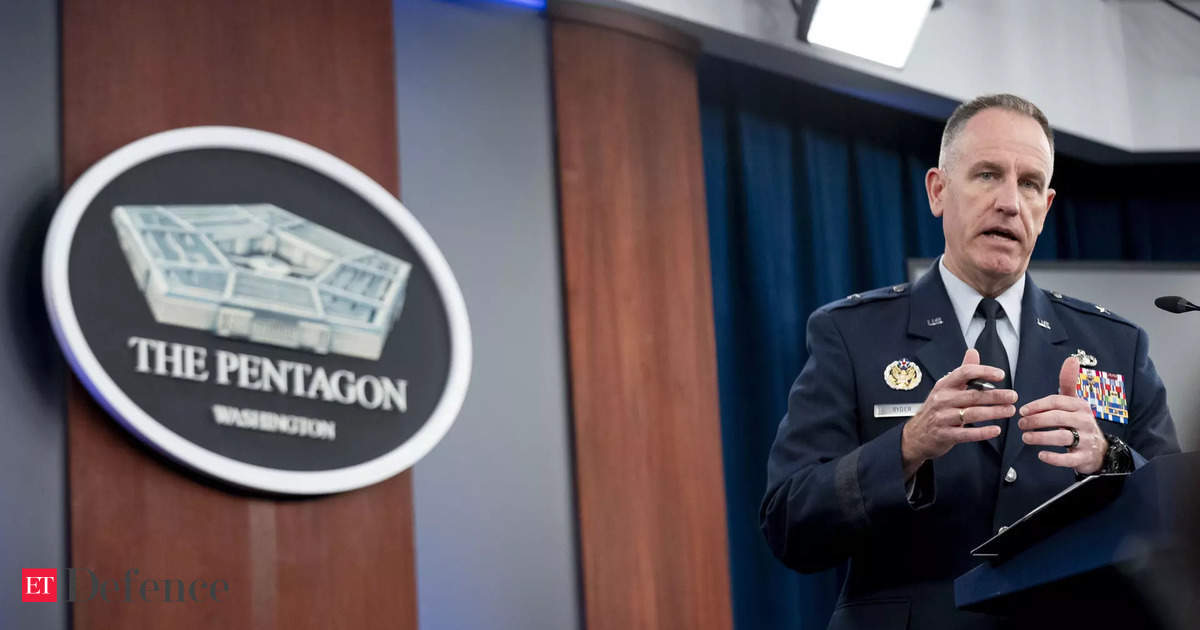The Pentagon has reiterated its appreciation for the defence ties with India and has pledged to continue fostering a stronger partnership with the country. Pentagon Press Secretary Pat Ryder, during a news conference, expressed gratitude for the defence relationship with India and reiterated the commitment to enhance it further. The defence trade between the US and India, which was almost insignificant in 1997, has now surpassed USD 20 billion. Ryder stressed that China remains the ‘pacing challenge’ for the Department of Defence.
Ryder acknowledged the partnership with India and other countries in the Indo-Pacific region in terms of preserving individual nations’ sovereignty and abiding by the international rules-based order, which has ensured peace and stability for many years.
The US, along with India and several world powers, has emphasized the importance of a free, open, and prosperous Indo-Pacific region in response to China’s growing military manoeuvres in the area. China asserts its claims over nearly all of the disputed South China Sea, while multiple countries, including Taiwan, the Philippines, Brunei, Malaysia, and Vietnam, also claim parts of it. China has constructed artificial islands and military installations in the South China Sea.
Ryder’s remarks come shortly after External Affairs Minister S Jaishankar’s visit to the US, during which he held meetings with top US officials, including Defence Secretary Lloyd Austin. Jaishankar and Austin engaged in productive discussions, focusing on strengthening bilateral defence cooperation, such as co-production of defence articles, and exchanged perspectives on various security issues.
The US and India’s commitment to deepening defence ties reflects their common objective of maintaining regional stability and preserving the rules-based order. Both countries aim to foster a robust defence partnership to counter emerging security challenges in the Indo-Pacific region effectively. The strategic partnership between the US and India is expected to continue evolving, based on shared values and mutual interests.
(Read more at: The Economic Times)











